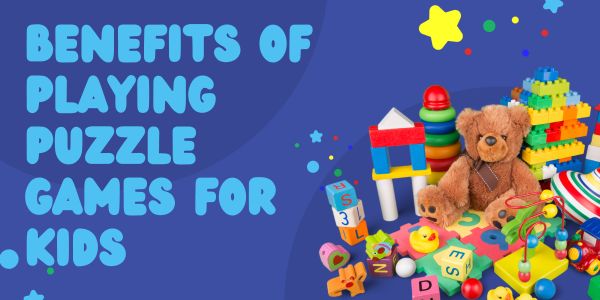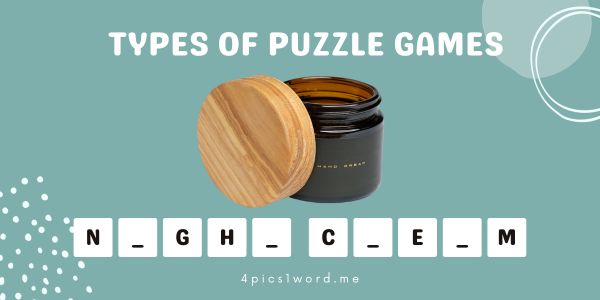
The Benefits of Playing Puzzle Games For Kids
Children are constantly exposed to screens and electronic devices in today’s digital age. While technology has advantages, parents must encourage their kids to engage in activities that promote cognitive development and critical thinking skills. One such activity that offers numerous benefits is playing puzzle games.
Puzzle games provide entertainment and help children develop problem-solving abilities, improve memory retention, enhance spatial awareness, foster creativity and imagination, boost confidence levels, and promote social interaction. This blog post will delve into the various advantages of incorporating puzzle games into your child’s routine.
Benefits of Playing Puzzle Games For Kids

1) Enhancing Problem-Solving Skills:
One of the primary benefits of playing puzzle games for kids is enhancing problem-solving skills. Puzzles require logical thinking and trial-and-error strategies to find solutions or complete a picture or pattern successfully. Children learn how to analyze different elements within a game while developing patience and persistence when faced with challenges along the way.
2) Improving Memory Retention:
Puzzle games often involve remembering patterns or sequences that can significantly improve children’s memory retention. Engaging in these activities regularly from an early age strengthens their ability to recall information quickly – a skill that proves beneficial throughout their academic journey.
3) Developing Spatial Awareness:
Spatial awareness refers to understanding one’s position relative to objects around them – physical space or virtual environments. On-screen puzzles offer ample opportunities for improving this crucial skill set among young minds.
Children in puzzle games learn to manipulate shapes, fit pieces together, and visualize how different elements interact. This helps them better understand spatial relationships and improves their ability to navigate physical spaces effectively.
4) Fostering Creativity and Imagination:
Puzzle games often have various themes, designs, and patterns that encourage children to think creatively. Whether solving a jigsaw puzzle or arranging blocks to create a picture, these activities stimulate the imagination by allowing kids to explore different possibilities and experiment with unique solutions. As they become more comfortable thinking outside the box while playing puzzles, this creativity can also extend into other areas of their lives.
5) Boosting Confidence Levels:
Completing a challenging puzzle game provides children with an immense sense of accomplishment. It boosts their confidence levels as they realize their problem-solving abilities are improving over time. The feeling of overcoming obstacles through perseverance instills resilience in young minds – an essential trait that will benefit them throughout life.
6) Promoting Social Interaction:
While many puzzle games can be played individually on electronic devices nowadays, there is still great value in engaging kids in traditional board or group puzzles where social interaction plays a significant role.
By working collaboratively with siblings or friends toward achieving common goals within the game setting – children learn essential skills such as teamwork, communication, negotiation, and compromise, which are vital for academic and professional success.
Conclusion:
In conclusion, incorporating puzzle games into your child’s routine offers numerous benefits beyond mere entertainment. From enhancing problem-solving skills, developing memory retention, fostering creativity, boosting confidence, and promoting social interaction- these activities provide holistic development opportunities for growing minds.
So next time you want to keep your little ones engaged, try introducing them to fun, educational, puzzling experiences. They’ll not only enjoy themselves but also reap long-term rewards when it comes to cognitive growth and overall skill enhancement.







